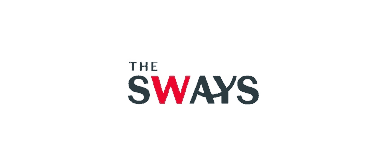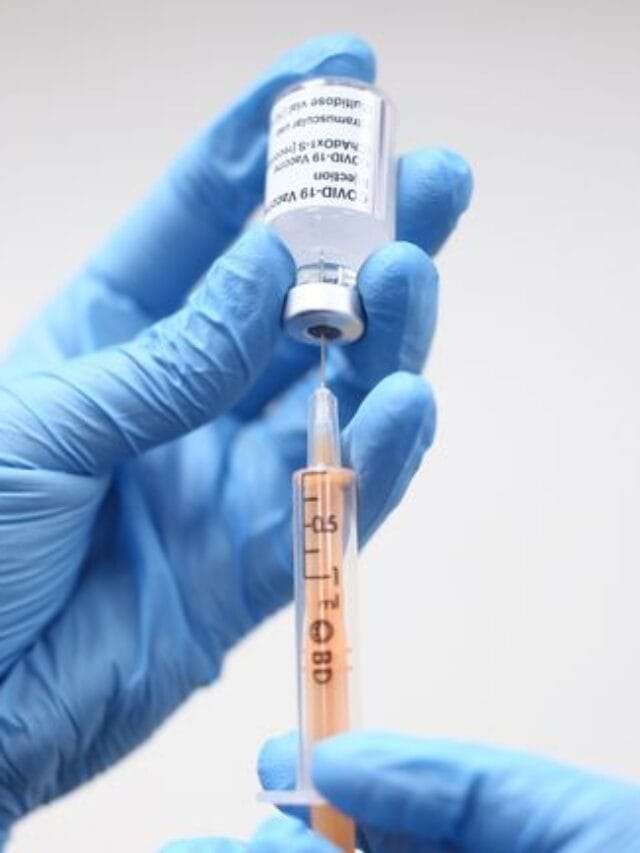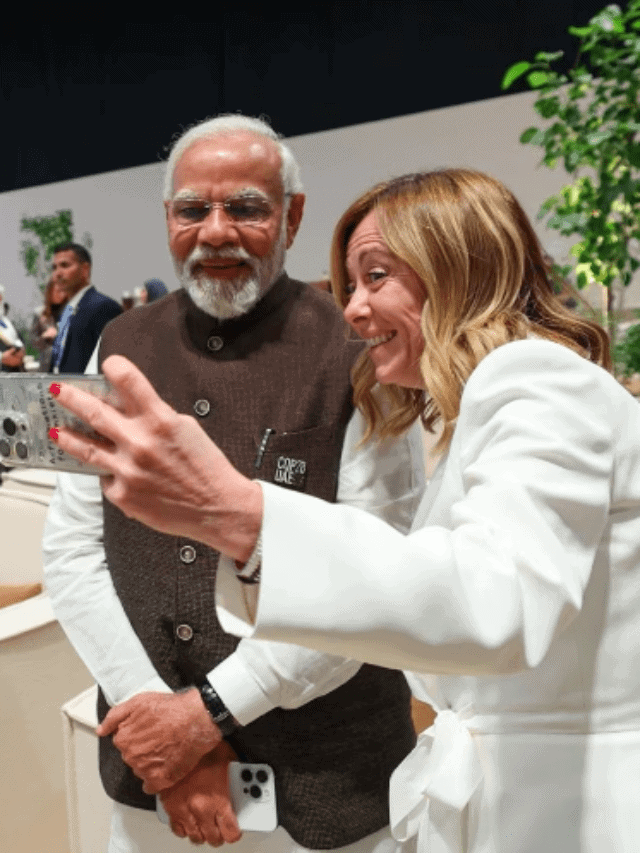In a blog post, Google said that its HeAR bioacoustic foundation model is trained on approximately 300 million pieces of audio data, and in particular roughly 100 million cough sounds. It can help extend screening for TB more widely across India, the company said.
Launched in 2020, Swaasa uses an AI-driven algorithm that can assess if human lungs are abnormal.
HeAR was introduced in March 2024 and is designed to help researchers build models that can listen to human sounds and flag early signs of disease.
“Compared to blood tests and imaging, sound is by far the most accessible piece of information that we can get about a person. HeAR can pick up chest x-ray findings, tuberculosis, and even detect Covid from cough sounds,” said Sujay Kakarmath, a product manager at Google Research.
The Stop TB Partnership, an UN-hosted organisation dedicated to ending TB by 2030, also supports this approach.

“Solutions like HeAR will enable AI-powered acoustic analysis to break new ground in tuberculosis screening and detection, offering a potentially low-impact, accessible tool to those who need it most,” said Zhi Zhen Qin, digital health specialist with the Stop TB Partnership.
“In places where access to advanced medical resources is scarce, we can imagine a future where a healthcare professional with a machine learning model and a phone can collect a sample of your sound and inform clinical care. With HeAR, we hope that researchers will be able to discover new acoustic biomarkers a lot faster,” he added.
The blog post said that Google is inviting researchers interested in exploring HeAR’s potential to request access to the HeAR API.Through its research, Google hopes to keep helping advance the development of future diagnostic tools and monitoring solutions that assist improved health outcomes for communities around the globe.


























